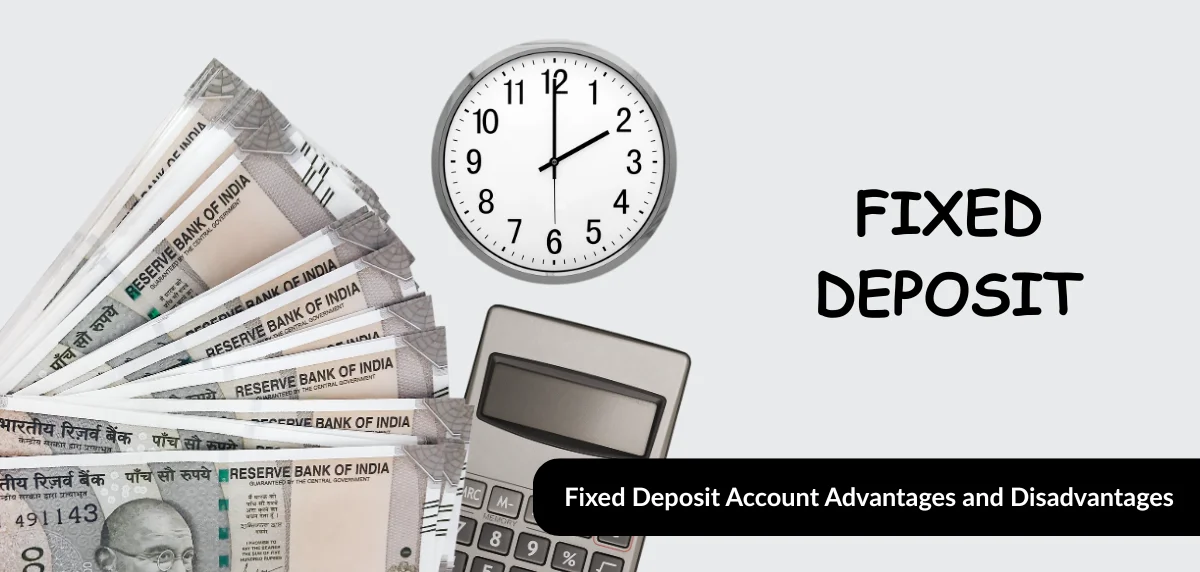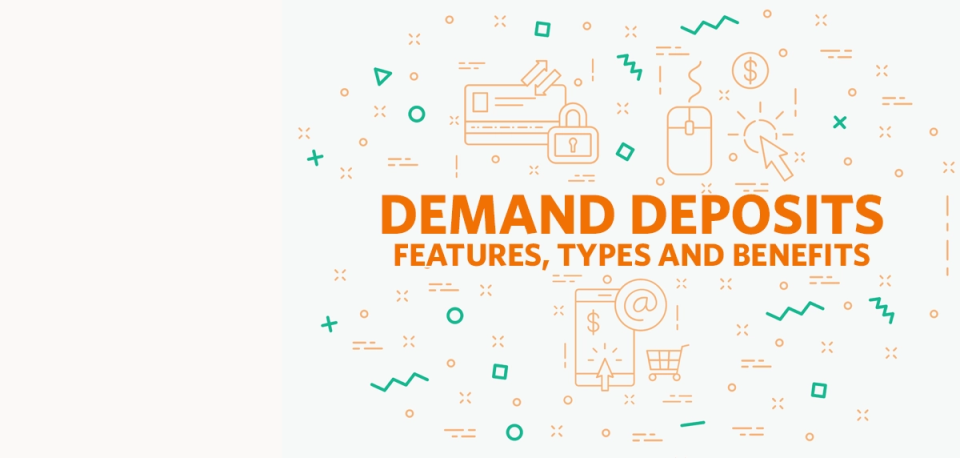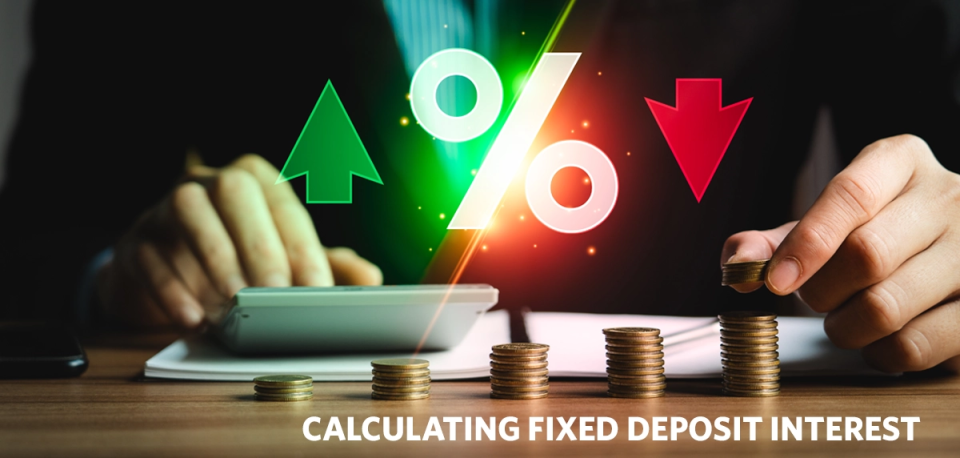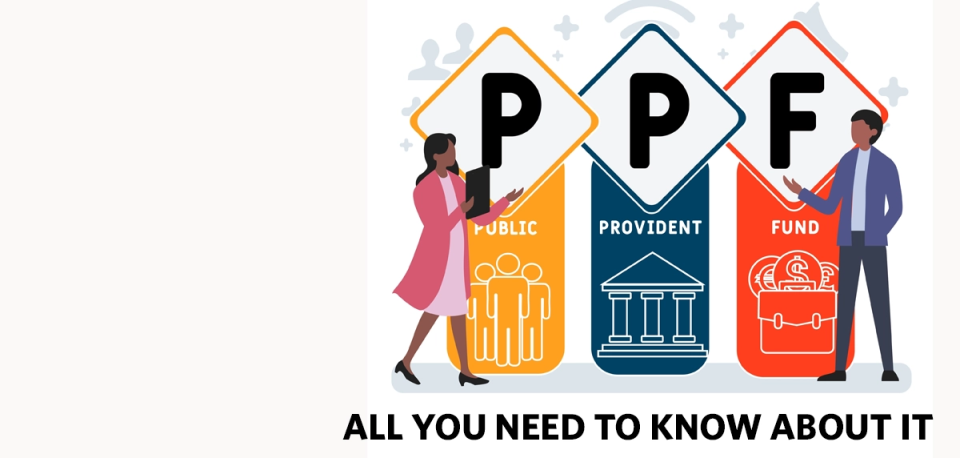A fixed deposit account lets you invest a lump sum with a bank or financial institution for a specific period to help you earn a guaranteed rate of interest. Hence, many investors consider it to be an ideal choice for safe and predictable returns. But, like every financial product, it comes with both benefits and drawbacks. Understanding a fixed deposit account’s advantages and disadvantages will help you decide if this option fits into your overall financial plan.
Before exploring its pros and cons, let us first understand what a fixed deposit is.
What is a Fixed Deposit?
It is a financial instrument where you deposit a fixed amount of money for a set period, called the tenure. You can choose a tenure of a few months or even several years. In return, the bank pays you interest at a predetermined rate, which remains unchanged throughout the tenure, regardless of market fluctuations.
There are different types of fixed deposits, such as regular FDs, senior citizen FDs, cumulative FDs, non-cumulative FDs, and even the tax-saving fixed deposit, which allows you to claim deductions under Section 80C of the Income Tax Act.
You can use an FD calculator to quickly estimate how much interest your deposit will earn over the chosen period.
What are the Advantages of a Fixed Deposit?
Now that we know what a fixed deposit is, let’s look at its key benefits:
Safety and Stability
FDs are one of the safest investment options, because the returns are not linked to market risks.
Assured Returns
The interest rate is fixed at the time of deposit and remains unchanged. This ensures predictable earnings for you.
Flexible Tenure
You can choose a tenure ranging from a few months to several years, depending on your financial goal. While choosing a tenure, it is important to know how your FD tenure affects your interest rate. Generally, longer tenures fetch higher interest rates, up to a point.
Wide Choice of Deposits
Banks offer different types of fixed deposits, from which you can pick one that suits your needs. For instance, if you want to receive the interest at maturity, you can go for cumulative FDs. On the other hand, if you want periodic interest payouts, non-cumulative FDs are ideal.
Some people may also prefer government-backed fixed deposits available at post offices. The post office fixed deposit interest rates are competitive and provide an additional safe option for conservative investors.
Liquidity
Though FDs are locked in, most banks allow premature withdrawal with a small penalty.
Tax Benefits**
With a tax-saving fixed deposit, you can save up to ₹1.5 lakh under Section 80C. Note that this option comes with a lock-in period of five years.
What are the Disadvantages of a Fixed Deposit?
While FDs are secure, they also have limitations. Knowing the advantages and disadvantages of a fixed deposit account can help in balanced decision-making.
Lower Returns Compared to Market-Linked Investments
The returns from FDs may not always beat inflation, unlike equities or mutual funds.
Penalty on Premature Withdrawal
If you break your FD before maturity, you may lose some interest due to penalties.
Fixed Interest Rates
If interest rates in the economy rise after you book your FD, you are stuck with the older, lower rate until maturity.
Limited Tax Benefits**
Only tax-saving fixed deposits offer tax deductions, and they come with a 5-year lock-in period.
Not Ideal for Long-Term Wealth Creation
Since returns are modest, FDs may not suit aggressive investors aiming for higher growth.
Fixed deposits remain a safe, simple, and dependable way to save money, particularly for conservative investors. However, evaluating both the fixed deposit account advantages and disadvantages ensures that you know what to expect. FDs should be seen as part of a diversified portfolio, not the only investment avenue.
** Tax exemptions are as per applicable tax laws from time to time.
























